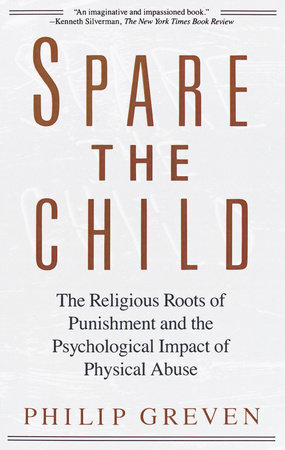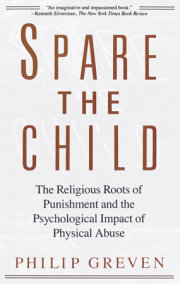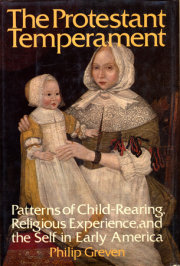Acknowledgments
PART I. The Problem
PART II. Experiences
Moral Suasion and Nonviolence
Before Conscious Memory Begins
Memories of Pain and Punishments
Disciplined Death
PART III. Rationales
Religious Rationales
Biblical Roots
Eternal Punishment
Breaking Wills
Methodologies of Punishment
The Last Resort
Secular Rationales
Judicial Justifications
Behaviorist Arguments
PART IV. Consequences
Anxiety and Fear
Anger and Hate
Empathy and Apathy
Melancholy and Depression
Obsessiveness and Rigidity
Ambivalence: Protect and Destroy
Dissociation
Paranoia
Sadomasochism
Domestic Violence
Aggression and Delinquency
Authoritarianism
The Apocalyptic Impulse
PART V. Choices
Notes
Index









